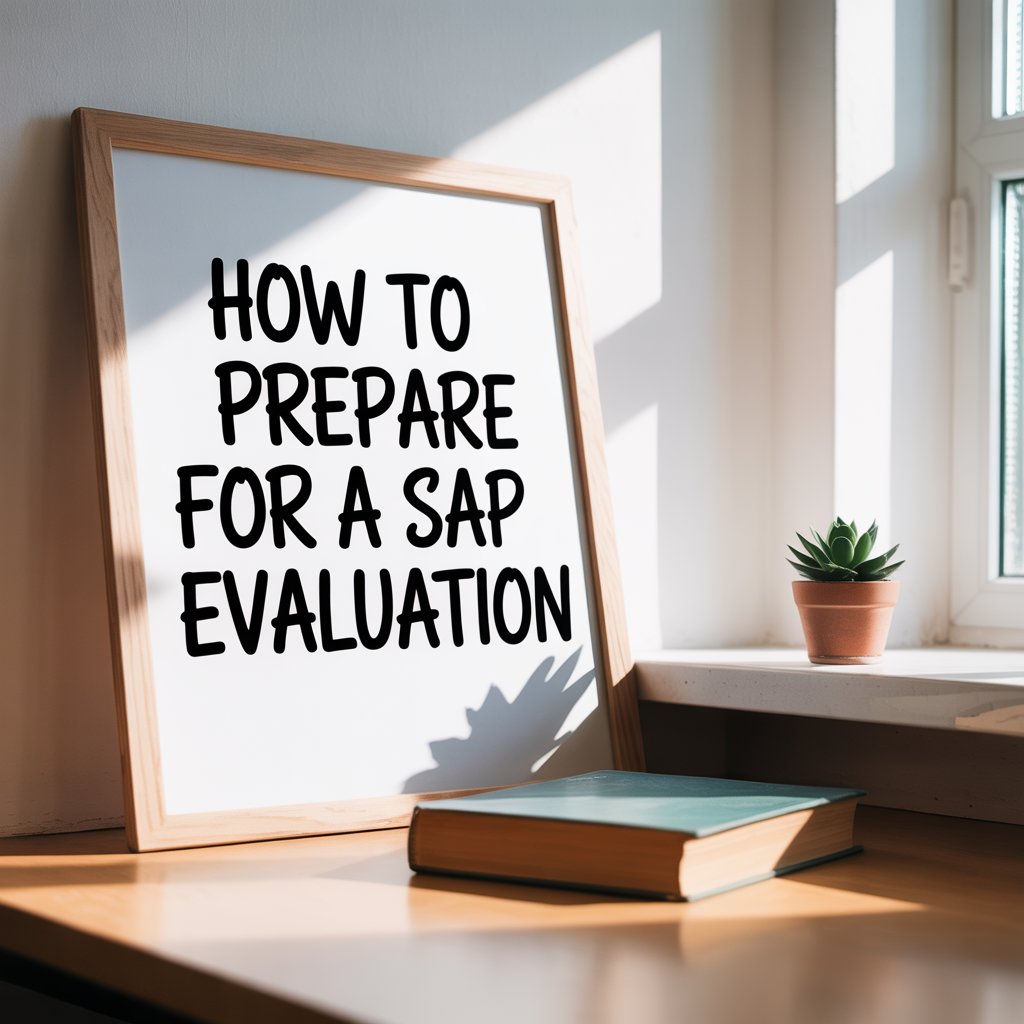When someone has to go through a SAP evaluation, it usually means that something serious has happened. Maybe they failed or refused a drug or alcohol test, or something else happened that went against their company’s policy. Whatever the reason, being told you need a SAP evaluation can feel overwhelming, especially if you don’t know what to expect.
The good news is that the process doesn’t have to be confusing or intimidating. It’s not about punishment, it’s really about making sure that you’re safe to return to work in a role that affects public safety. Whether you’re a driver, pilot, or hold another safety-sensitive position, preparing for a SAP evaluation the right way can help get you back on track faster and with less stress.
Schedule the Appointment Quickly
Time matters. As soon as an employer notifies you of a failed or refused drug or alcohol test, the first step is to schedule a SAP evaluation. Some people wait, hoping the situation will resolve on its own or that emotions will settle. Unfortunately, waiting can often make the situation worse. The DOT requires that individuals go through the SAP process before being considered for re-employment or reinstatement, and a delay can extend time off the job.
In most cases, an evaluation can be scheduled within a few days. Some providers even offer virtual appointments, which can help speed things up. Make sure the SAP is DOT-qualified and listed on official registries. If unsure, ask your employer for a list of approved providers or check with the DOT’s official directory.
Gather the Necessary Information
When preparing for your appointment, come ready. Bring documentation from your employer or testing agency, including test results, notices of violation, and any communication relevant to the incident. It’s also helpful to bring identification and, if applicable, proof of any prior counseling or treatment related to substance use.
The more upfront and organized you are, the smoother the process will go. The SAP needs full context to make fair and accurate recommendations. If you leave out important details or arrive unprepared, it could slow down the process or result in a less favorable recommendation.
Be Honest and Open
During the initial SAP evaluation, you’ll speak with the SAP about what led to the violation. This might include discussing substance use history, work environment, family dynamics, or stress levels. This part is confidential, and honesty is essential.
Some people feel defensive or fear being judged, but the role of the SAP is not to punish. Their job is to assess whether the individual poses a risk to public safety and what steps are necessary to reduce that risk. If you downplay the issue, you might receive a recommendation that doesn’t actually help you, or worse, one that seems disproportionate.
It’s better to be clear and direct. If there are deeper issues at play, such as long-term substance use, emotional triggers, or past trauma, acknowledging them helps the SAP make a tailored plan that’s more likely to work in your favor.
Understand the Process
The initial SAP evaluation is just the beginning. After the meeting, the SAP will provide a recommendation for either treatment or education. This might be outpatient counseling, a class, or, in some cases, more intensive rehabilitation. You are required to complete the entire recommendation before being re-evaluated.
Only after successful completion and follow-up evaluation will the SAP report to your employer that you are eligible for return-to-duty testing. This doesn’t guarantee your job back, but it does satisfy the DOT requirements, which is the first hurdle to overcome.
It’s also worth noting that after returning to duty, you may be subject to unannounced testing for a defined period. The SAP will determine how long this follow-up testing should last, and the employer is required to carry it out.
Commit to the Plan
Many people make the mistake of viewing the SAP process as a punishment. But approaching it as a second chance leads to better results. Once the recommendation is given, follow it promptly and thoroughly. Keep all receipts, records, and certificates from any program or education course you complete. These will be required during the follow-up SAP evaluation.
If you’re struggling to complete the program, don’t disappear. Reach out to the SAP, explain your situation, and ask about alternatives or adjustments. Communication can help avoid misunderstandings or extended delays.
Final Thoughts
No one plans to end up needing a SAP evaluation, but when it happens, how you respond can shape your professional future. Taking the process seriously, showing respect to the SAP, and putting in the effort to complete the recommendations can get you back to work and restore your standing.
Treat the evaluation as a professional obligation and a chance to reset. Preparation, honesty, and follow-through are your best tools. It’s not an easy process, but with the right approach, it can be a successful one.




